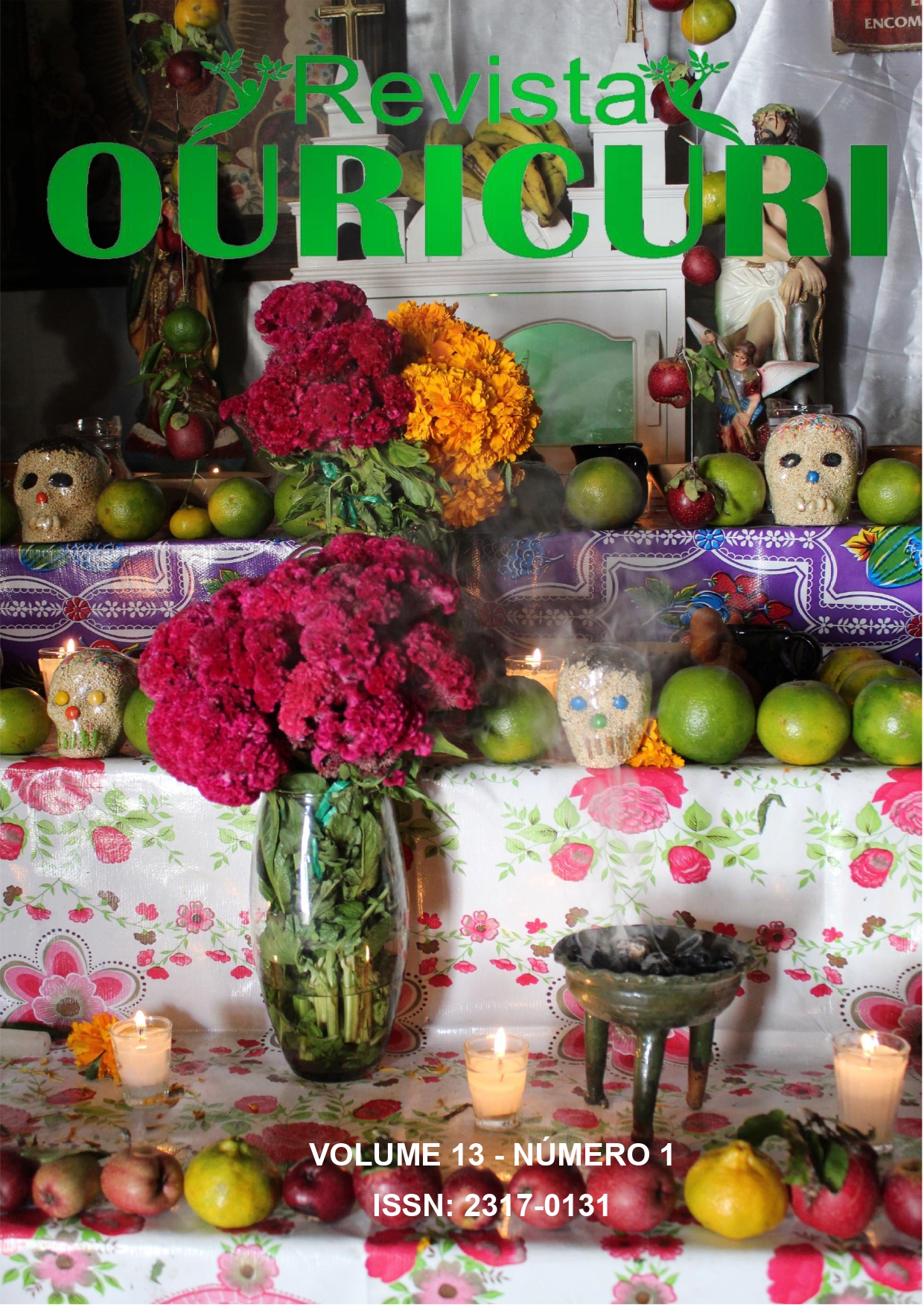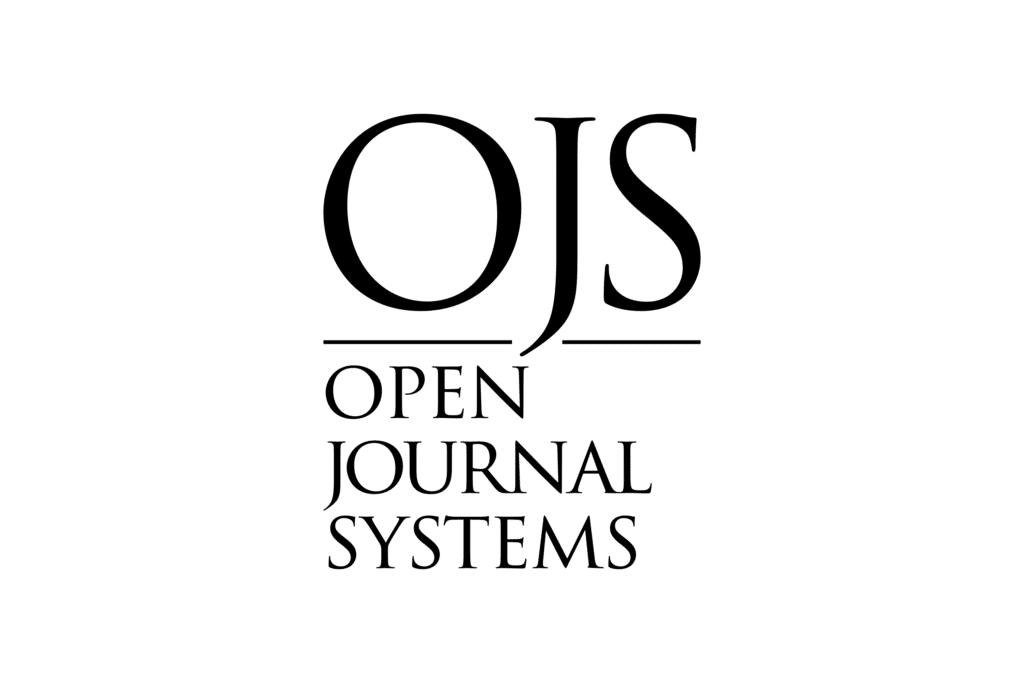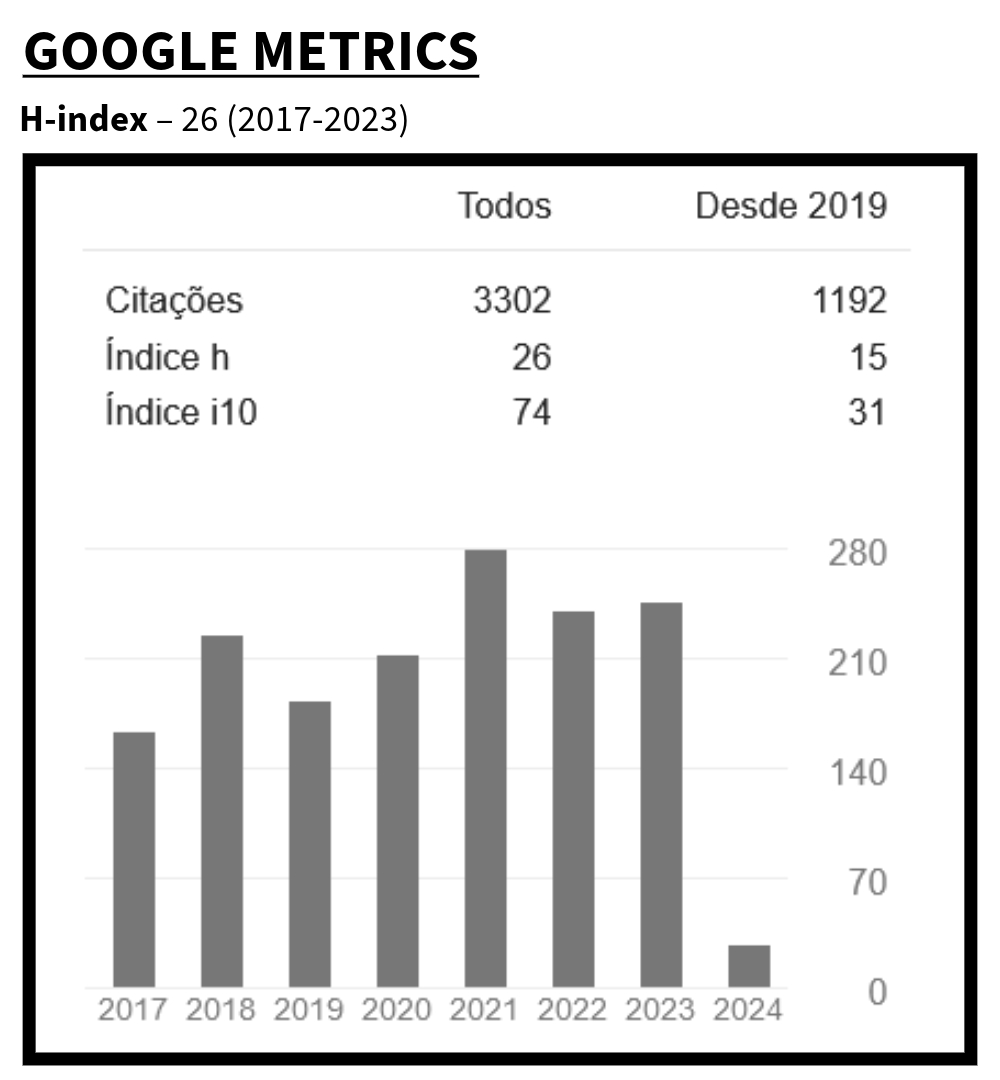THE AFFECTIVE IS THE EFFECTIVE IN A BRAZILIAN URBAN ECOSYSTEM:
INTERACTIONS BETWEEN RESIDENTS OF FEIRA DE SANTANA (BA) AND SARIGUÊS (DIDELPHIS)
DOI:
https://doi.org/10.59360/ouricuri.vol13.i1.a17085Keywords:
Culture and conservation; Ethnozoology; Human and fauna interactionsAbstract
The relationship between human beings and animals is a complex institution that started at the beginning of history. The belief that contact with nature is something good or beneficial for people is an old and widespread notion, but these relationships can be treated from attraction and admiration (biophilia) to aversion and indifference (biophobia). Thus, this work aims to report the emotional connections between people and possums (Didelphis spp.). For this, 50 interviews were carried out, 32 of which were semi-structured and 18 were visually stimulated. The results showed that the urban population of Feira de Santana has predominantly biophobic feelings towards possums. Based on this, there is a clear need for ethnobiological studies as a way of registering, preserving ecological and zoological knowledge of urban populations, and these can help in the elaboration of proposals aimed at the conservation and management of the species in this urbanized environment.
Downloads
Downloads
Published
How to Cite
Issue
Section
License
Authors who publish in this journal agree to the following terms:
a) Authors maintain copyright and grant the magazine the right of first publication, with the work simultaneously licensed under the Creative Commons Attribution License which allows sharing of the work with recognition of authorship and initial publication in this magazine.
b) Authors are authorized to enter into additional contracts separately, for non-exclusive distribution of the version of the work published in this journal (e.g., publishing in an institutional repository or as a book chapter), with recognition of authorship and initial publication in this journal.
c) Authors are allowed and encouraged to publish and distribute their work online (e.g. in institutional repositories or on their personal page) as this can increase the impact and citation of the published work (See The Effect of Open Access).













 B1 (2017-2020)
B1 (2017-2020)



















